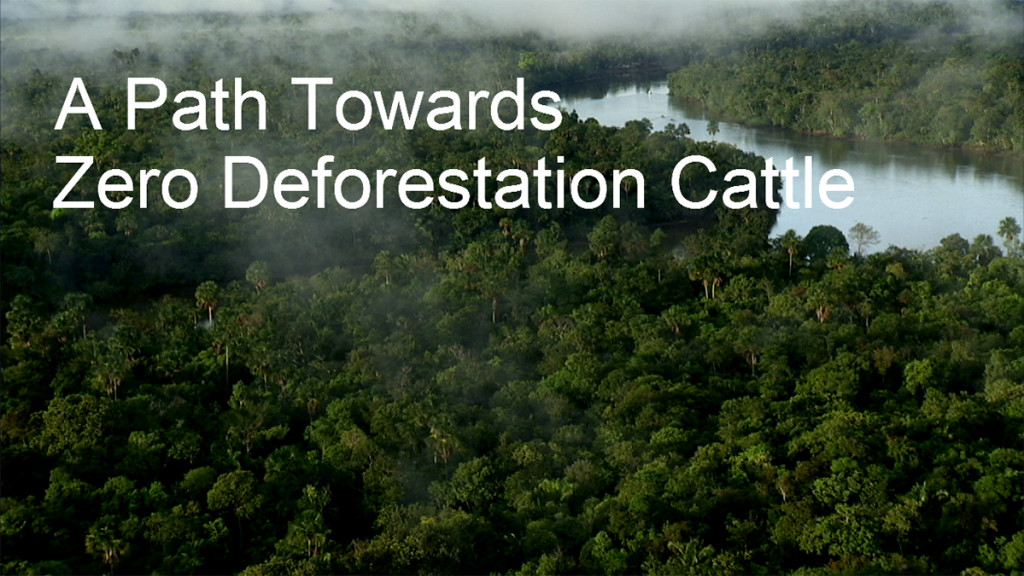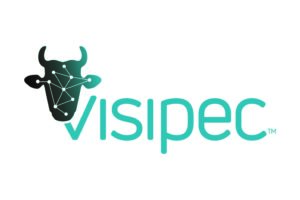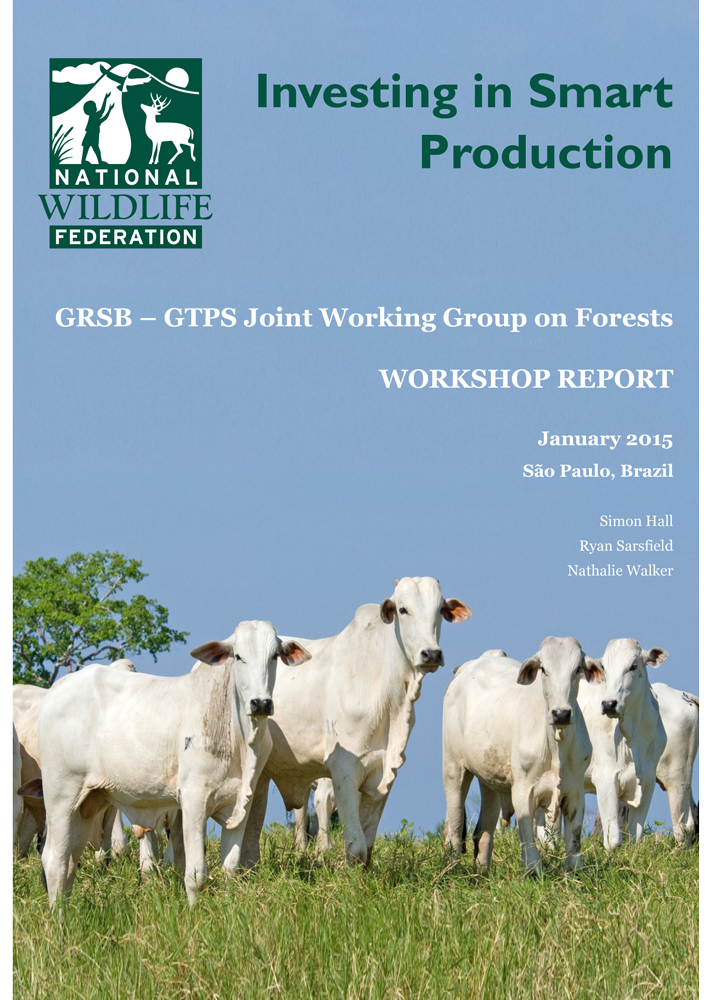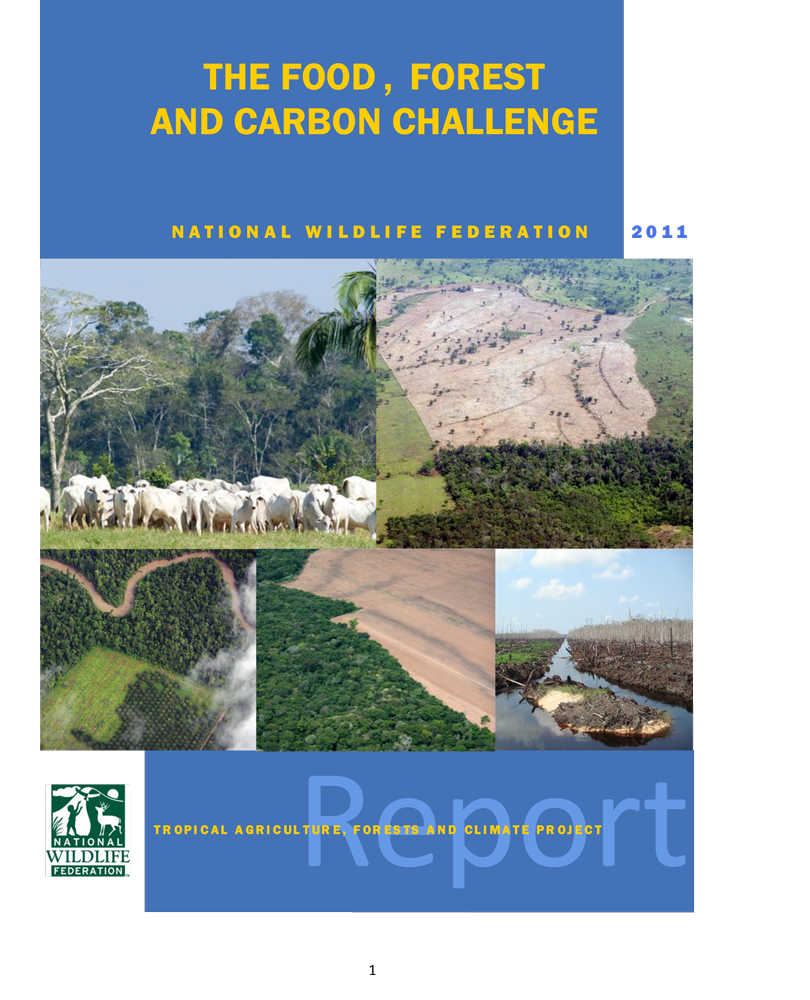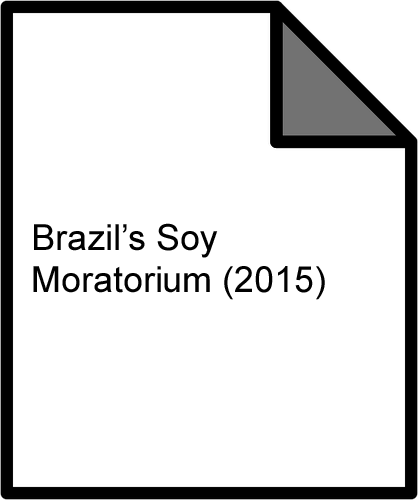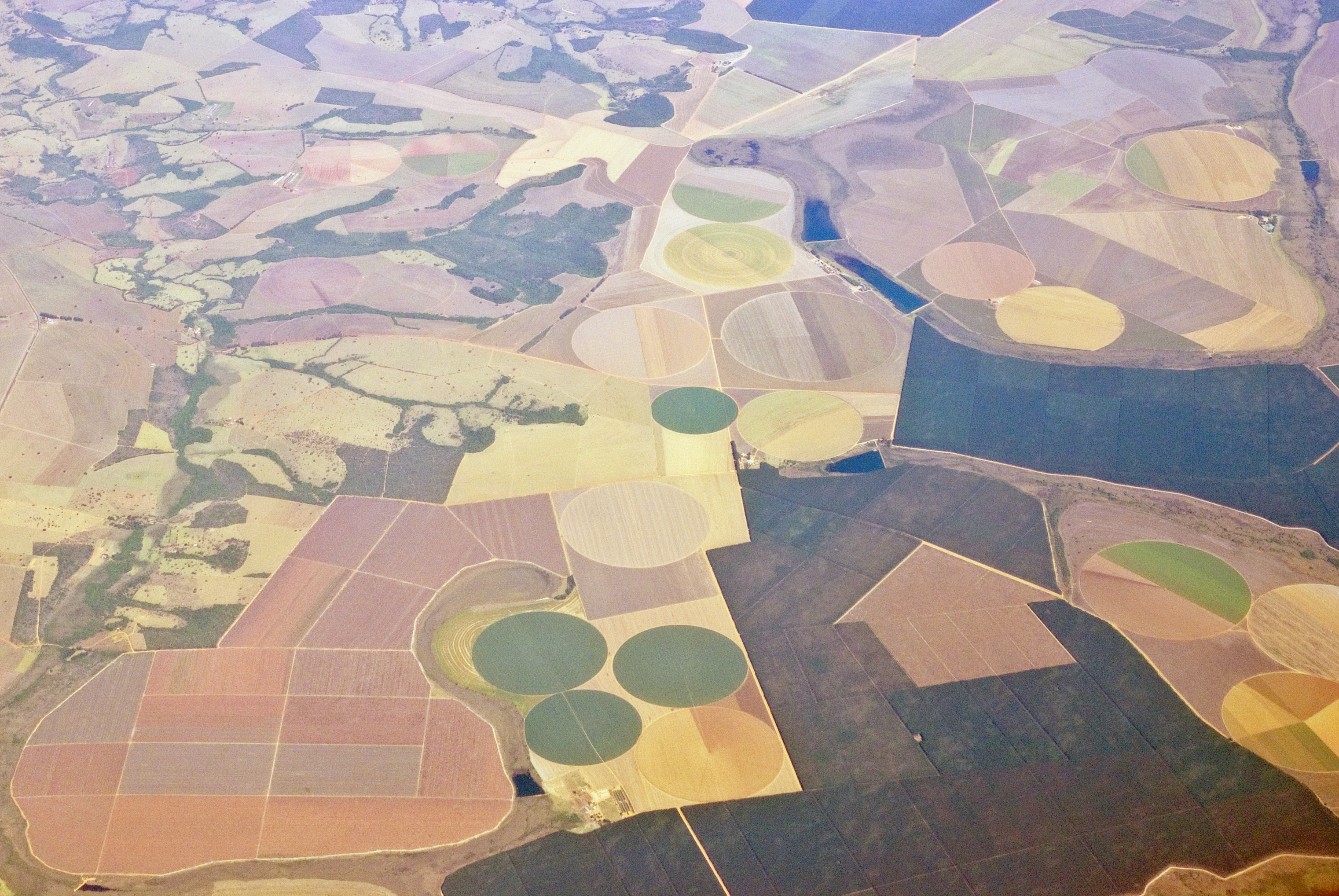Cattle ranching is one of the leading drivers of tropical deforestation, especially in South America. In the Brazilian Amazon alone, over 50 million hectares of forest has been slashed and burned to make way for the 60 million cattle that now occupy this region.
The ZeroDeforestationCattle.org website is dedicated to advancing zero deforestation cattle production, showcasing important research, field-based programs with ranchers, and effective ways for consumers and companies to help ensure that cattle products such as beef and leather do not contribute to the loss of tropical forests. This site was developed by NWF in partnership with the Gibbs Land Use and Environment Lab (GLUE) at the University of Wisconsin-Madison.
The Issue
The large-scale expansion of cattle ranching in South America has come at great environmental cost, as vast expanses of tropical forests have been cut, burned, and converted to pastures. This process of slash and burn land conversion destroys wildlife habitat, reduces biodiversity, and releases tremendous amounts of carbon emissions into the atmosphere. Growing demand for beef, leather, and other products is expected to continue to exert significant pressure on ecologically important regions in Brazil, Argentina, Paraguay and Colombia.
Global supply chains for cattle products are complex and dynamic. For example, leather shoes, handbags, and furniture, sold in the United States and Europe, are often made in China and Italy using raw materials that were sourced from Brazil and other forest-risk regions. By demanding zero deforestation beef and leather, consumers as well as global retailers and brands can help to ensure that cattle ranching in these regions continues to supply global markets without destroying forests or jeopardizing wildlife.
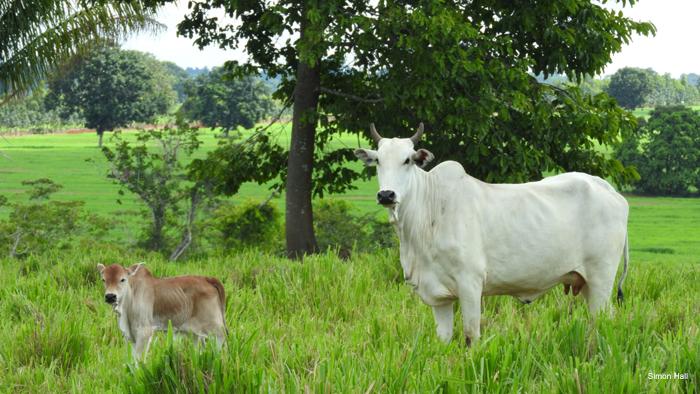
What We Do
The National Wildlife Federation’s International Wildlife Conservation program develops pragmatic solutions to advance zero deforestation supply chains for cattle products, including beef, leather, and tallow.
- We work with multinational retailers and brands to help them develop zero deforestation commitments and implement responsible sourcing practices.
- We work with meatpacking companies, ranchers, and other stakeholders to help strengthen monitoring and traceability systems.
- We collaborate with leading academic researchers to assess the effectiveness of private sector actions and governance systems.
- We work with banks and financial institutions to support the development of incentives and streamline investments for “moderate intensification practices”, such as fencing and rotational grazing, to reduce pressures to clear additional forest
- We lead the Joint Working Group on Forests (JWG), which brings together industry leaders from the Global Roundtable for Sustainable Beef (GRSB) and the Brazilian Roundtable on Sustainable Livestock (GTPS), to help address forest-related issues in the cattle supply chains.
- We advise a range of industry groups, such as the Leather Working Group (LWG) and the Consumer Goods Forum (CGF) on ways to source zero deforestation beef and leather products.
- We are engaged in public-private partnerships, including the Tropical Forest Alliance (TFA2020) to mobilize large-scale support for zero deforestation production.
An example of our work in action is the project we helped lead with Gucci. The renowned Italian fashion house launched the world’s first line of certified zero deforestation leather handbags.
Monitoring and Traceability
Visipec is a joint effort of NWF International, AVP and the Gibbs Land Use and Environment Lab (GLUE) at the University of Wisconsin. Visipec is a new add-on traceability tool that works alongside existing monitoring systems used by Brazilian meatpackers to provide the cattle sector with enhanced supply chain visibility and more effective deforestation monitoring. Visipec helps reduce exposure to deforestation risks that are currently present in the early stages of the supply chain.
Relevant Publications
- Date
- 01/01/2015
This report focuses on financial incentives and investment opportunities to support best management practices, moderate intensification and deforestation-free production. Read it now: Investing in Smart Production, […]- Date
- 12/01/2011
This report explores several directions for policymakers, private companies and multi-stakeholder “commodity roundtables” that if implemented today, would help the world address climate and food challenges […]- Date
- 01/22/2015
This paper shows that the Soy Moratorium has dramatically reduced the amount of deforestation linked to soy production in the Brazilian Amazon, protecting valuable rainforest and […]- Date
- 09/28/2014
This paper shows that more systematic evaluation could boost the effectiveness of instruments and enhance synergistic interaction with traditional public land-use policy instruments to achieve incremental […]
Join now: wildlife needs your help!
Sign up to receive information on the simple actions you can take, along with tips and tools you can use, to demonstrate to global companies that you care about wildlife.

